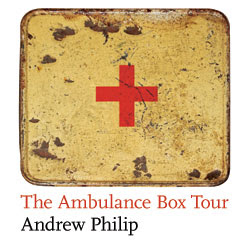1
In contrast to prose--which, being continuous, pretends to a form of wholeness--poetry, because it is divided into lines, is equipped in its structure to reflect and deal with the brokenness of the world. This it holds in tension with a more intense and therefore more whole scrutiny of language.
2
How can someone accept the monostich and not the single-line stanza? The latter's acceptability is surely a logical extension of the former's or of the assertion that the line is the basic unit of verse. The two amount to the same thing at the end of the day.
3
The line has this equivalence to harmonic progression and cadence in music: it is the place where tension is created and resolved. Good line breaks create and resolve (or not, as necessary) tension in the poem's sense, rhythm or meter and consonantal/vocalic music.
4
Each poem--each line--must find its own balance of tension and release. If the poem--if the line--is unsuccessful, are the tension and release out of kilter?
5
I said "Good line breaks create and resolve ... tension", but tension and resolution can take place within a line. Otherwise, how could the monostich be anything other than tedious?

.jpg)





